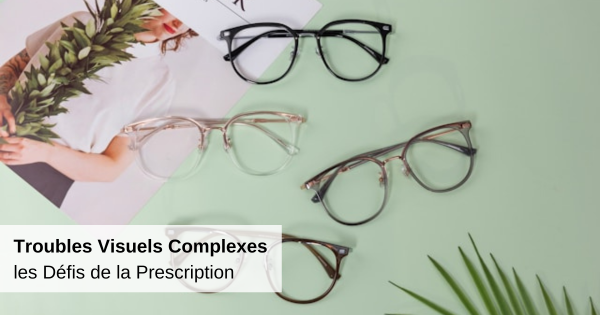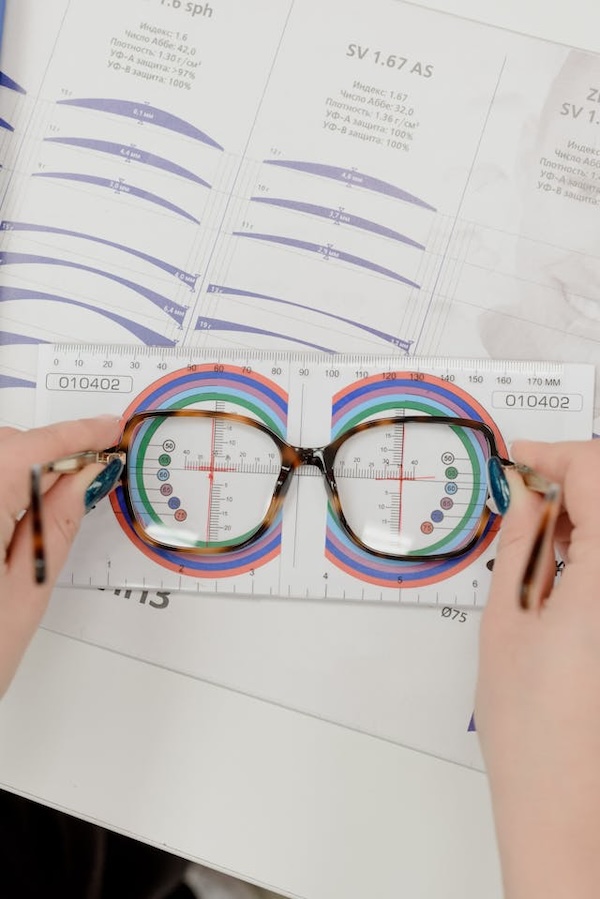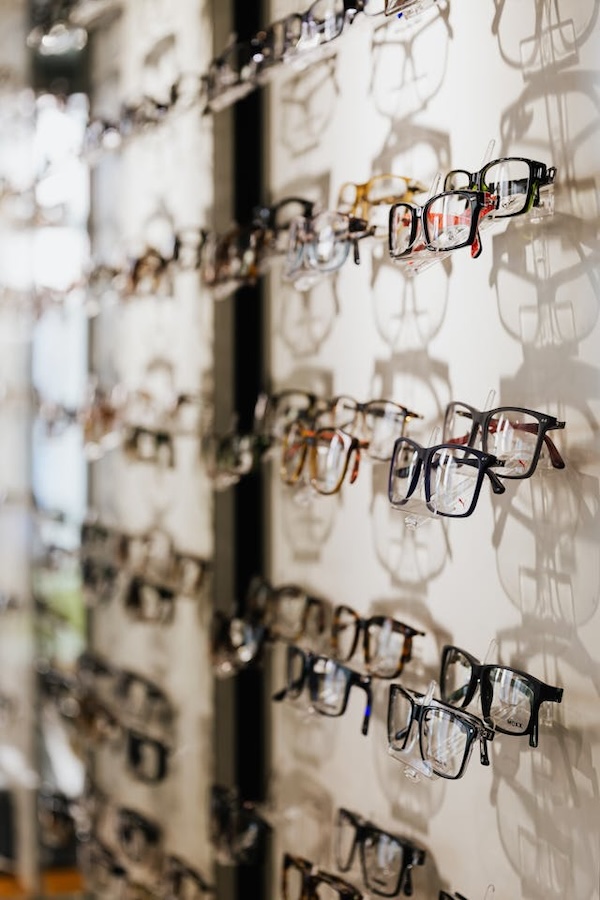Complex Visual Impairments: The Challenges of Eyeglass Prescription

The prescription of glasses becomes particularly complex for individuals with specific visual needs. What are the technical challenges encountered and the solutions available for these particular cases? We try to decipher them.
Technical and specific challenges of eyeglass prescription
Prescribing eyeglasses for complex vision needs presents several major technical challenges. Multifactorial prescriptions often combine myopia, hyperopia, and astigmatism, requiring lenses that can correct multiple visual defects simultaneously. Anisometropia , where there is a large power difference between the eyes, can lead to difficulties with comfort and binocular vision. People with presbyopia may also have other visual disorders, which complicates the prescription of multifocal or progressive eyeglasses.
Eye pathologies , such as keratoconus or macular degeneration , require very specific corrective solutions. Lenses must be manufactured with extreme precision to correct these complex disorders.

Technical challenges include precision in lens fitting , particularly for progressive and bifocal lenses, which must provide a smooth transition between different vision zones. Customizing frames is crucial to ensure that lenses align properly with the eyes, particularly in cases of anisometropia. Accurately calculating astigmatism is essential to avoid discomfort and ensure clear vision. Finally, managing anisometropia may require specialized techniques to balance power differences between the eyes.
Solutions and approaches for complex visual needs
To meet complex visual needs, several corrective solutions are available. Progressive and bifocal lenses provide clear vision at different distances without visible lines, which is ideal for people with presbyopia and other combined disorders. Specialized contact lenses , such as rigid gas permeable lenses or scleral lenses , are often recommended for conditions such as keratoconus, offering better adaptation and comfort than glasses.
Advanced technology in lens manufacturing plays a crucial role. Customized lenses , manufactured using cutting-edge technologies, ensure precise correction of complex disorders. Professionals use computer tools and advanced manufacturing techniques to meet the specific needs of each patient.

Regular consultations are essential to adjust the prescription according to changes in vision and to ensure that the glasses remain optimal. Testimonials and case studies provide real-life examples of successful solutions, illustrating how challenges are overcome and the results achieved. These approaches allow for effective personalization of solutions, improving the quality of life of people with special visual needs.
The challenges of prescribing for complex visual needs require in-depth expertise and innovative solutions. A clear understanding of the technical challenges and a personalized approach can significantly improve the quality of life of people with special visual needs.


